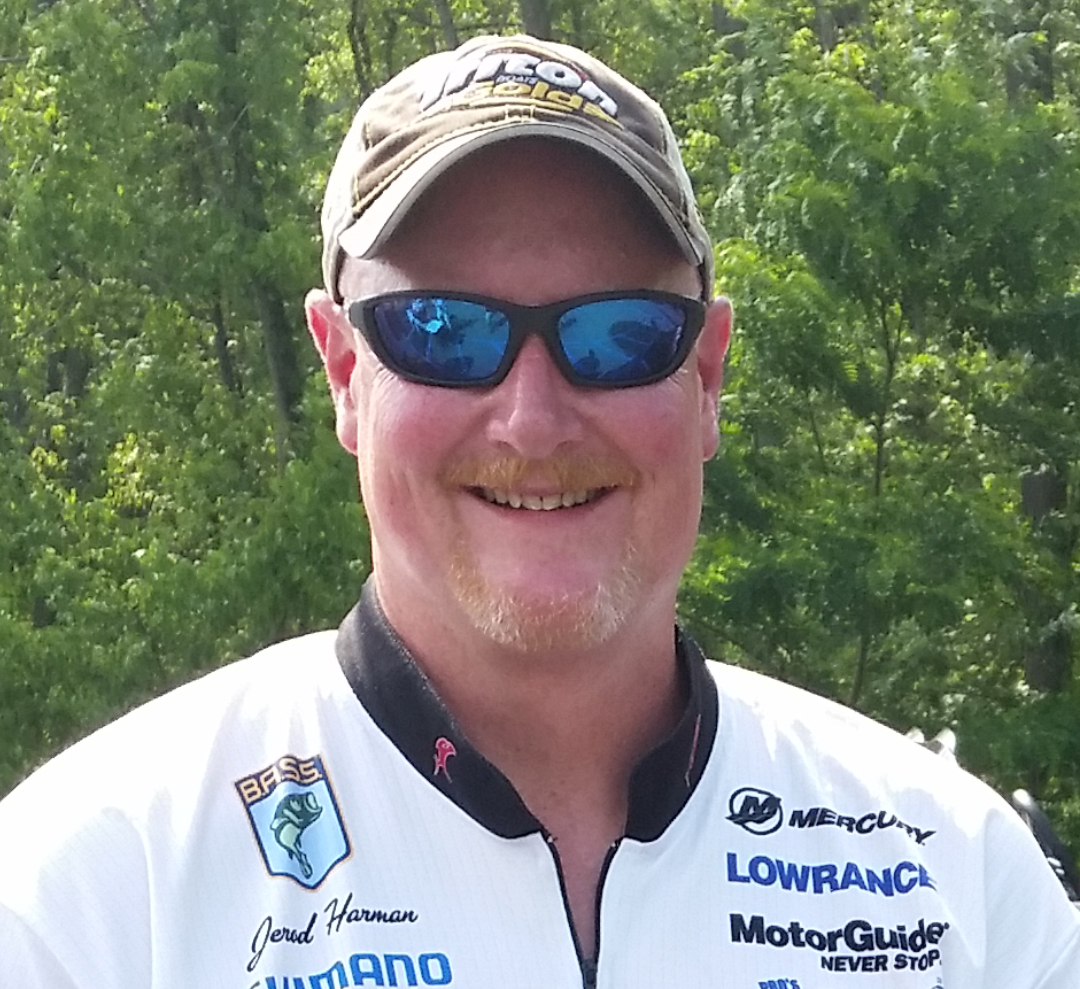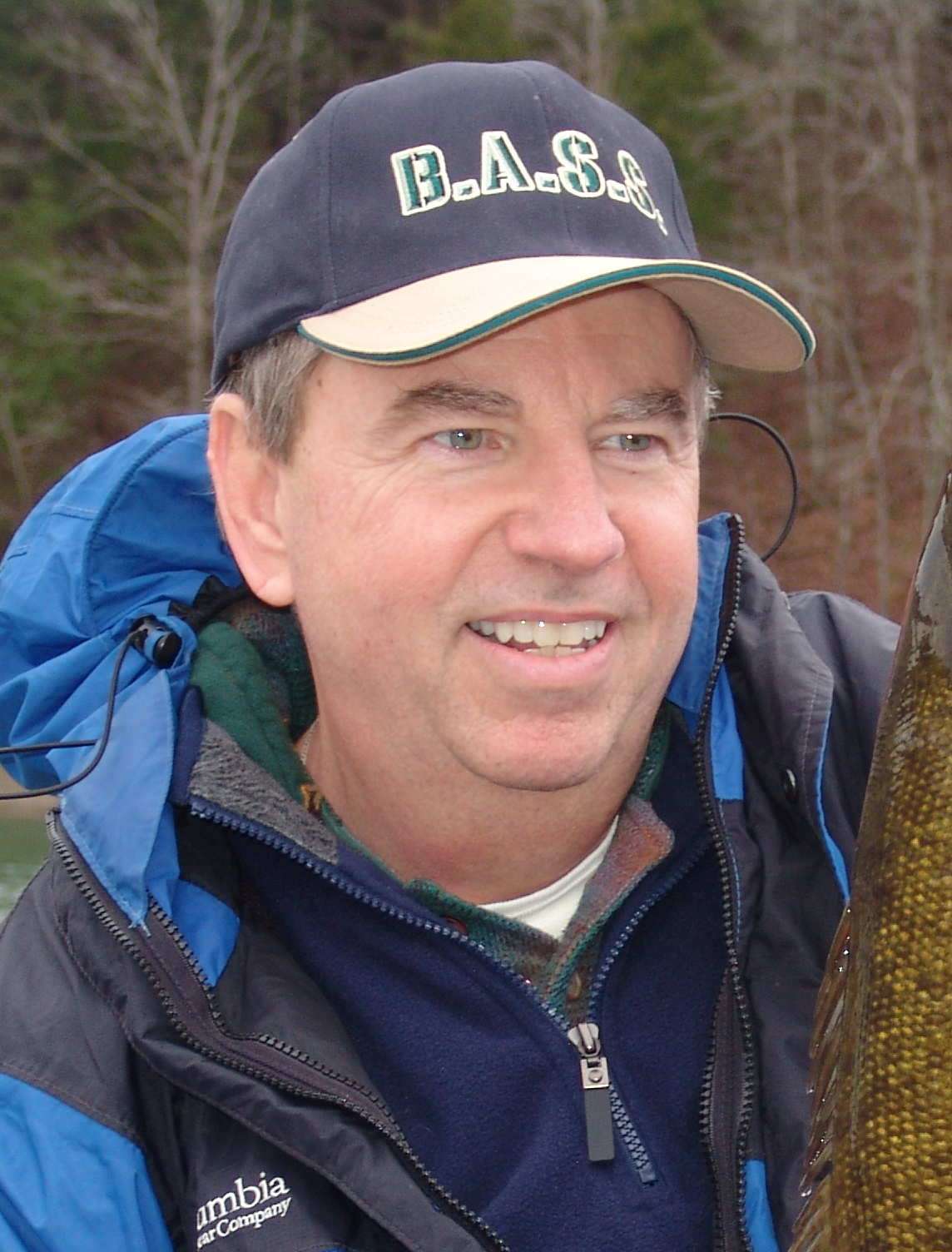
BUCKHANNON, W.Va. – West Virginia’s Jerod Harman isn’t yet one of the longest serving state conservation directors for B.A.S.S., but he certainly has been one of the most active during his seven-year tenure.
Despite West Virginia B.A.S.S. Nation (WVBN) conservation accomplishments during that time, however, the mechanic/electrician lamented, “I only wish I had time to do more.”
That’s because, when it comes to conservation, enough is never enough in the eyes of this member of the Mon Valley and Appalachian Bassmasters.
“The position of conservation director is for unique individuals who have a true concern for natural resources, anglers, youth recruitment and education, habitat improvements, constructing additional access areas, tournament fish care, working with state agencies and legislative issues on the local, state and national levels,” he said.
“Additionally, every other year, I attend the Bassmaster Classic Conservation Summit. I spend hundreds of hours each year working in this voluntary position.”
If he had more time – as well as volunteers – Harman likely would direct it toward improving habitat, as he views increasing survival rates for young-of-year bass as one of the biggest challenges. He would also like to do more to increase forage sources and be even more meticulous about “being absolutely positive we are taking good care of what we catch.
“I am very pleased with our B.A.S.S. Nation anglers’ fish care methods,” he added. “We maintain a 98 percent annual live release rate for our tournaments. Many tournaments have 100 percent live release rates.”
Harman also is pleased that West Virginia Department of Natural Resources has begun to pay more attention to the importance of bass and other warm-water fisheries in the state.
“There are significantly more state monies directed toward cold-water fishing in West Virginia. We work hard to get dollars directed toward warm-water fisheries, and our DNR is really beginning to make some huge investments in much needed access sites. Our anglers are really impressed with the direction we are heading, and the future holds many more improvements.”
In addition to working with the state to improve access, “We have completed several projects, ranging from re-establishing natural habitat, introducing artificial habitat, and collecting soft plastics and fishing line to installation of boat launches and docks,” the conservation director said.
“We also conduct educational training seminars, school field trips and speak on conservation-related issues. I have made three specialized trailers also, for tournaments, fish care and conservation projects.”
“Through the help of a great group of volunteers, we have several projects that we can be proud of in West Virginia,” he added. “But we never rest on our laurels. We try to outdo ourselves every time we go to work.”
Immediate goals for Harman include working with WVDNR to refine bass regulations for Stonewall Jackson Lake, which was catch-and-release until 2014 and where now one bass of 18 inches or more can be harvested daily in a six-fish creel. Additionally, he’d like to open up access for anglers through normally closed locks on the Monongahela River.
“However the most important goal is to continue recruitment of young sportsmen,” he said. “Introduce them to bass fishing, and develop them into accountable, conservation-minded sportsmen and women. Someday, they will be the ones who will be leaders in the B.A.S.S. Nation, and we want them to build on our foundations, take it to the next level, and have their own accomplishments that are better than ours.”





